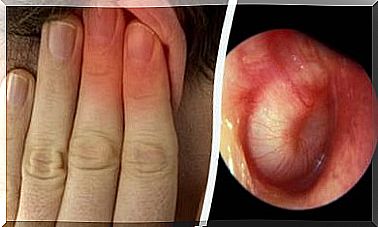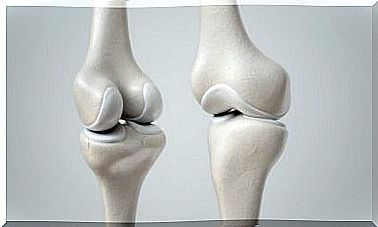How Do Medications For Constipation Work?
Medications for constipation are what we commonly know as laxatives. These medications relieve the symptoms of occasional constipation, and are part of fiber-based treatments that help regulate bowel movements.
Before using medications for constipation, a series of dietary and lifestyle measures must be implemented to prevent or alleviate it. These measures include changes in the consumption of certain foods and beverages.
The changes carried out in these aspects can help you relieve constipation since they can soften the stool and facilitate its evacuation. To achieve this effect, try eat more high-fiber foods, drink plenty of water and other fluids.
How can constipation be treated?
It is possible to alleviate and prevent constipation by making lifestyle changes, but also another important aspect is train the gut to get into the habit. This consists of e Train yourself so that you need to go to the bathroom at the same time every day, and in this way you will become more regular in your bowel movements.
You can try to practice training after breakfast, after about half an hour, since after that time it is easier for the stool to move . You must give yourself enough time, trying to go to the bathroom as soon as you feel the need to evacuate. It is also convenient that you relax your muscles or put your feet on a stool to be more comfortable.
Medications for constipation
If changes in diet and lifestyle are not enough to combat constipation, you can resort to the use of laxatives. Depending on their mechanism of action, laxatives are classified as follows:
Laxatives that increase stool volume
These laxatives act by increasing fecal volume, which leads to stimulation of intestinal motility. This group includes bulk-forming laxatives and osmotic laxatives:
- Bulking laxatives: c They consist of fiber supplements that must be accompanied by abundant intake of water or fluids. The fiber works by absorbing water and modifying the consistency of the stool. Its effect is not immediate, and it may take weeks for you to notice it. One of the drawbacks of this type of laxative is that they cause a sensation of bloating and flatulence. However, this unpleasant effect disappears after a few days.
- Osmotic laxatives: s Their action is based on their ability to retain water, thereby increasing the volume of stool. These include macrogol, polyethylene glycol, and lactulose.
Stimulant laxatives
These laxatives act by direct stimulation of intestinal peristalsis. The most widely used are bisacodyl, cascara sagrada and sennosides.
They are not ideal as a first-line treatment, however they are a good alternative in case of lack of response to fiber treatment or osmotic laxatives.
Emollient laxatives
The laxative effect is due to the fact that they produce an emulsion of the stool with fats and water. These include paraffin oil and glycerin.

Other medications for constipation
- Linaclotide : is a drug that stimulates the flow of water into the intestinal lumen. This laxative is indicated for the treatment of irritable bowel syndrome that results in severe constipation.
- Prucalopride : This drug increases intestinal contractions. It is especially indicated in patients who suffer from constipation and who do not respond to treatment with laxatives.
In some cases it is necessary to use cleansing enemas in order to avoid possible fecal impaction when several days have passed without being able to defecate.
Feeding first
If you have a tendency to constipation, try to follow proper eating habits, as well as exercise regularly and have a bowel movement at the same time each day. However, you can resort to the use of the appropriate laxative to solve your type of constipation.








